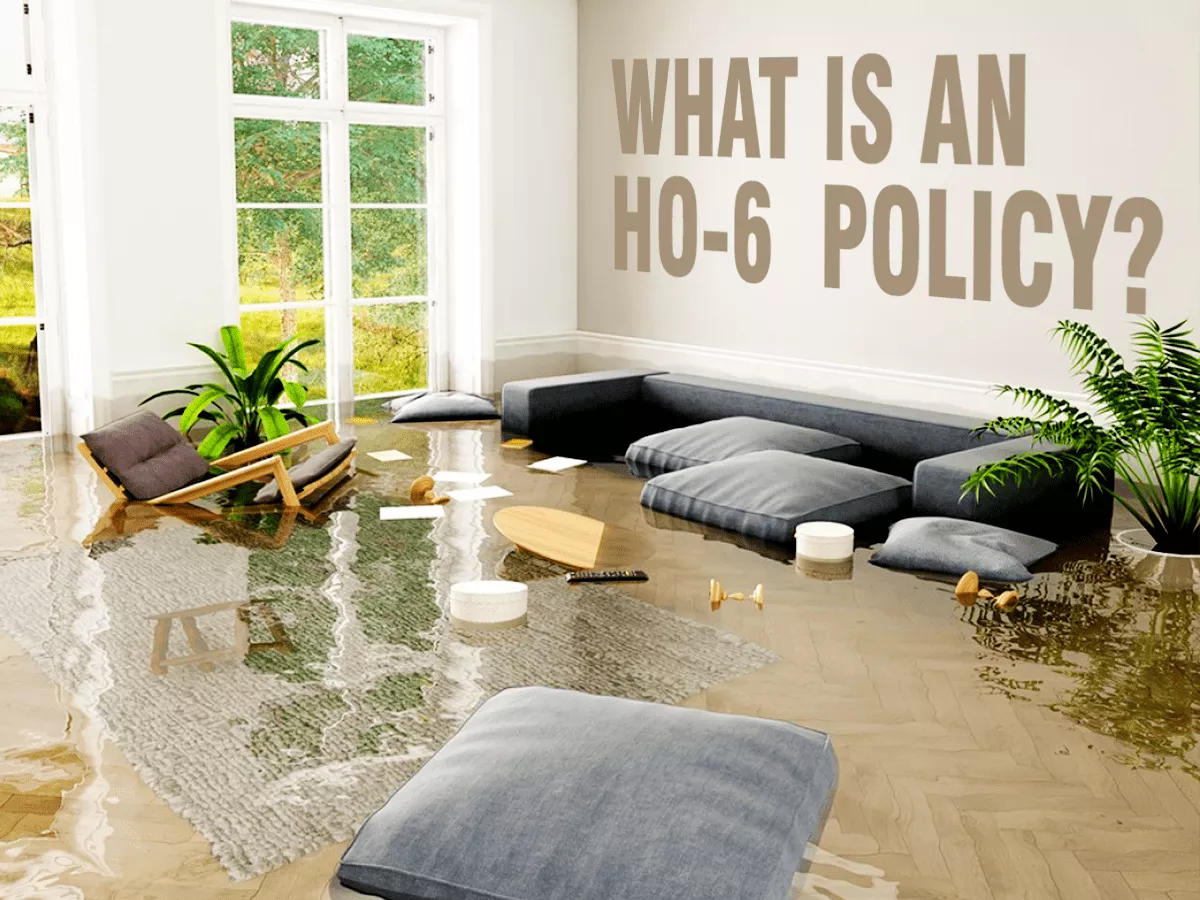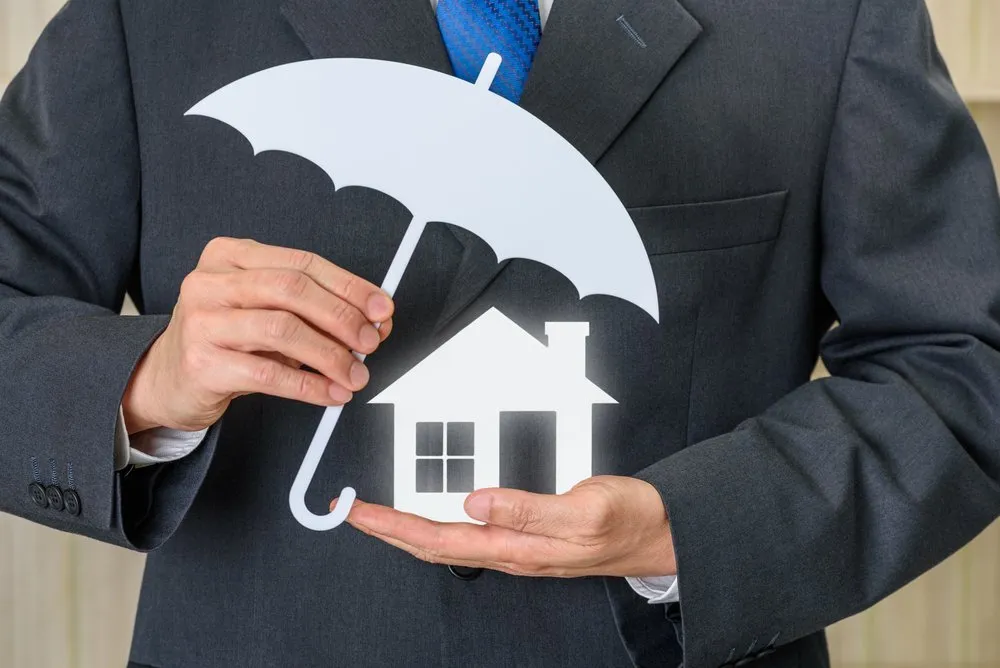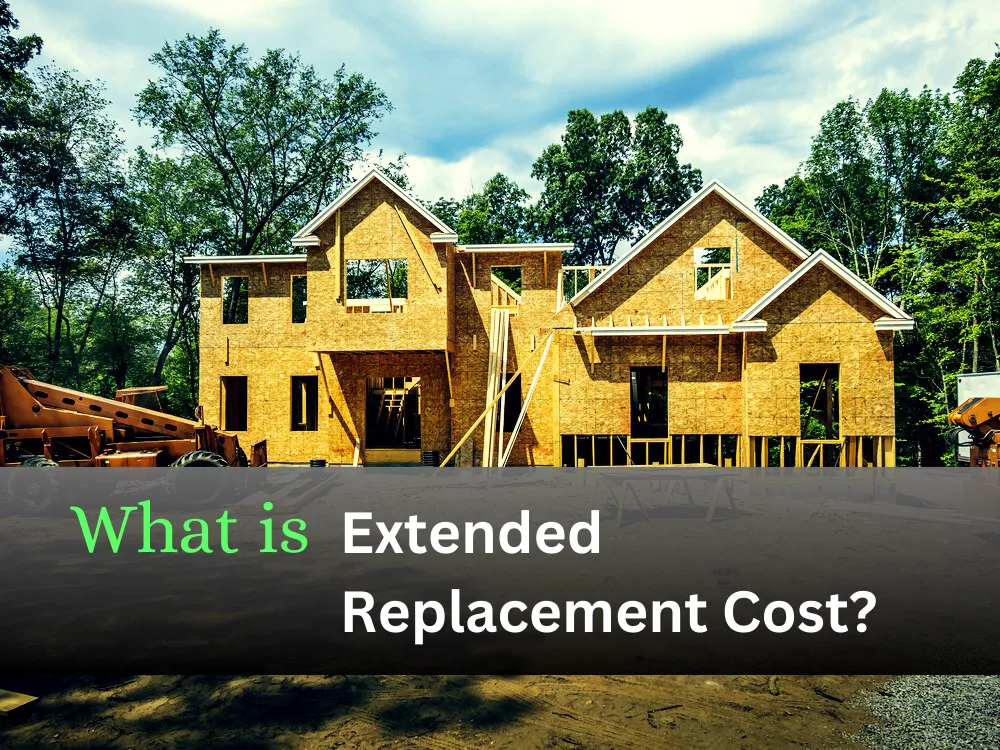Liability homeowners insurance is a crucial aspect of protecting your home and financial well-being. This type of insurance provides coverage for incidents where you are held legally responsible for injuries or damages to others. In this article, we will explore what liability homeowners insurance is, why it is essential, and how it works.
What Is Liability Homeowners Insurance?
Definition of Liability Homeowners Insurance
Coverage for Legal Responsibility
Liability homeowners insurance covers you if someone is injured or their property is damaged, and you are found legally responsible. It helps pay for medical expenses, legal fees, and damages awarded by the court.
Part of Standard Homeowners Policy
This coverage is typically included in a standard homeowners insurance policy. It provides financial protection against lawsuits and claims resulting from accidents on your property or incidents for which you are responsible.
Why Liability Homeowners Insurance Is Essential
Financial Protection
Liability coverage protects your assets by covering the costs associated with legal claims. Without it, you could be personally responsible for paying out-of-pocket for medical bills, legal fees, and damages.
Peace of Mind
Knowing that you have liability coverage gives you peace of mind. You can feel secure knowing that you are protected in case of an accident or incident that results in a lawsuit or claim against you.
Common Scenarios Covered by Liability Homeowners Insurance
Injuries on Your Property
If a guest slips and falls in your home or yard, liability coverage can help pay for their medical expenses and any legal fees if they decide to sue you.
Damage to Others’ Property
If you accidentally damage a neighbor’s property, such as breaking a window while playing catch, liability coverage can help cover the repair costs.
Dog Bites
If your dog bites someone, liability coverage can help pay for the victim’s medical expenses and any legal costs if they file a lawsuit against you.
Libel or Slander
Liability coverage can also protect you against claims of libel or slander. If someone accuses you of making false statements that damage their reputation, your policy can help cover legal defense costs and any damages awarded.
How Liability Homeowners Insurance Works
Policy Limits
Understanding Policy Limits
Liability coverage has policy limits, which are the maximum amounts your insurer will pay for a covered claim. It’s essential to understand these limits and ensure they are sufficient to protect your assets.
Choosing Adequate Limits
When selecting policy limits, consider the value of your assets and the potential risks. Higher limits provide more protection but may come with higher premiums.
Deductibles
No Deductibles for Liability Claims
Unlike other parts of your homeowners insurance, liability coverage typically does not have a deductible. This means you don’t have to pay out-of-pocket before your insurance kicks in.
Claims Process
Filing a Claim
If an incident occurs that may result in a liability claim, notify your insurance company as soon as possible. Provide all necessary details and documentation to support your claim.
Investigation and Settlement
Your insurer will investigate the claim, determine liability, and work towards a settlement. They will handle negotiations with the injured party or their insurer and cover the costs up to your policy limits.
Exclusions
Common Exclusions
Liability homeowners insurance has exclusions, which are situations not covered by your policy. Common exclusions include intentional acts, business activities, and injuries to household members.
Understanding Exclusions
Review your policy to understand what is excluded from your coverage. Knowing these exclusions can help you avoid situations that may not be covered and consider additional coverage if necessary.
see also: Why Homeowners Insurance Rates Skyrocket in the USA?
Factors Affecting Liability Homeowners Insurance
Location
Your location can impact your liability insurance rates. Areas prone to natural disasters or high crime rates may have higher premiums due to increased risk.
Property Features
Certain features on your property, such as swimming pools, trampolines, and playsets, can increase the risk of injuries. These features may result in higher premiums or additional coverage requirements.
Claims History
Your claims history can affect your liability insurance rates. If you have a history of multiple claims, insurers may view you as a higher risk and charge higher premiums.
Coverage Amount
Choosing higher policy limits provides more protection but also results in higher premiums. Balancing adequate coverage with affordable premiums is essential.
FAQs
1. What is liability homeowners insurance?
Liability homeowners insurance is coverage that protects you if someone is injured or their property is damaged, and you are found legally responsible. It helps pay for medical expenses, legal fees, and damages awarded by the court.
2. Why is liability homeowners insurance important?
Liability homeowners insurance is important because it provides financial protection against lawsuits and claims resulting from accidents on your property or incidents for which you are responsible. Without it, you could be personally responsible for paying these costs out-of-pocket.
3. What does liability homeowners insurance cover?
Liability homeowners insurance covers injuries to others on your property, damage to others’ property, dog bites, and claims of libel or slander. It helps pay for medical expenses, legal fees, and damages awarded by the court.
4. Are there limits to liability homeowners insurance coverage?
Yes, liability homeowners insurance has policy limits, which are the maximum amounts your insurer will pay for a covered claim. It’s essential to understand these limits and ensure they are sufficient to protect your assets.
5. Do I need to pay a deductible for liability homeowners insurance claims?
No, liability homeowners insurance typically does not have a deductible. This means you don’t have to pay out-of-pocket before your insurance kicks in.
Conclusion
Liability homeowners insurance is an essential component of protecting your home and financial well-being. It provides coverage for legal responsibility if someone is injured or their property is damaged, and you are found liable. Understanding the coverage, policy limits, claims process, and factors affecting premiums can help you make informed decisions about your insurance. By reviewing your policy regularly, considering additional coverage options, and maintaining a safe property, you can ensure you have the protection you need.




















